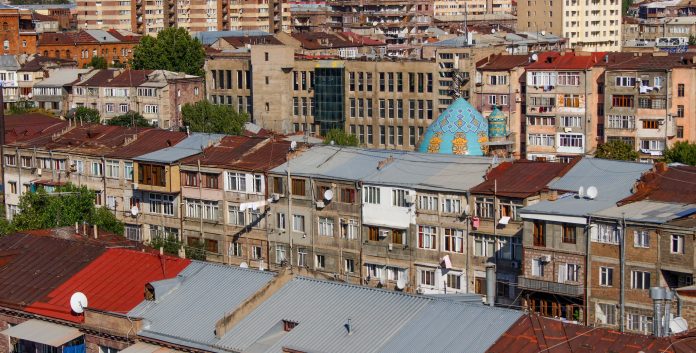The European Parliament on July 4 approved the EU-Armenia comprehensive and enhanced partnership agreement, paving the way for deeper cooperation in different sectors. MEPs backed the deal by 573 votes to 50, with 45 abstentions.
The negotiations on the new EU-Armenia comprehensive and enhanced partnership agreement (CEPA) were launched in 2015 and concluded in 2017. The agreement was then signed by both sides in November 2017.
According to a European Parliament press release, the final agreement marks a deeper political dialogue between the EU and Armenia, broadening the scope of economic cooperation and providing new opportunities for closer ties on energy, transport, infrastructure, environment, trade, education and other sectors.
The new partnership agreement is not the end point in terms of EU-Armenia cooperation, but a tool to promote domestic reform and its implementation.
Based on a separate resolution, adopted by the European Parliament (598 votes to 52 and 27 abstentions), the new partnership agreement is a tool to promote domestic reform and its implementation. As such, MEPs called on Armenia to make significant progress on how elections are run, the independence of the judiciary, the fight against corruption, money laundering, tax evasion and abusive oligarchic control and on media freedom.
Effective implementation of these key reforms may unlock further prospects for cooperation, including the opening of a visa liberalisation dialogue, said the MEPs.
“This final vote in the European Parliament sends a strong message of support to the Armenian citizens,” said European Parliament’s rapporteur László Tőkés (EPP, HU). “The EU is ready to support the reform efforts to which the new government has committed. We encourage them to continue combating corruption and reforming the electoral framework, in line with the recommendations of the OSCE/ODIHR and the Venice Commission.”

